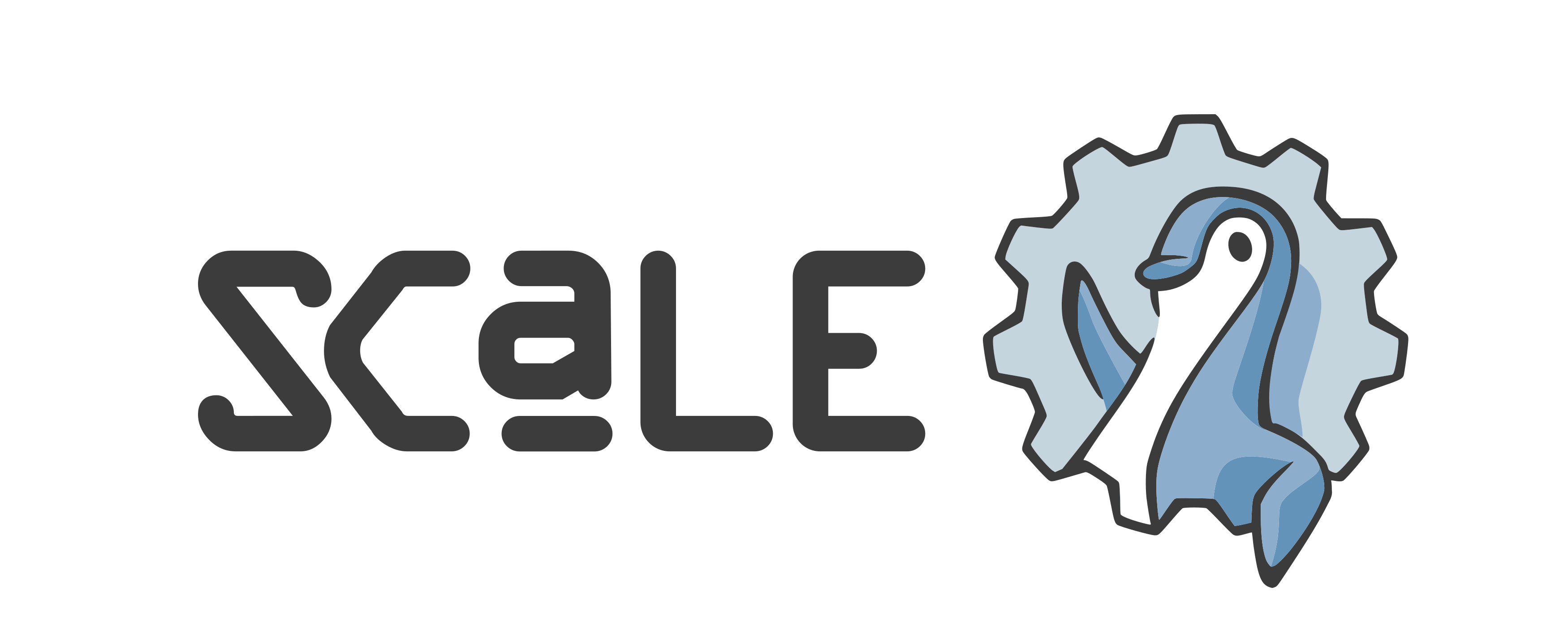Presentations


How many layers can you put in a container?
Do you know why there's a limit?
Containers are a fantastic virtualization technology.
They even have some packaging properties!
However, we can learn a lot of new cloud-native magic tricks if we bring packaging discipline a little further through the stack of bits that make up our container image layers and OCI manifests.
Nix uses stores that isolate packages into hashed folders that can be used independently from each other and combined with each other!
Sounds a lot like a container registry, doesn't it?

Row-Level Security (RLS) in PostgreSQL is awesome, as it allows you to isolate each user or tenant's data, lock it down and default to "deny access"... but it sucks because it makes assumptions about your application that are not applicable in many cases.
Especially if your applications were developed without RLS in mind and you use a single app user to connect to the database, it's impossible to use RLS in any meaningful way.
In this talk, we'll look at possible ways to roll out RLS that can let you take advantage of this powerful feature in the real world.

So far, efforts to use Nix as a build system have suffered from either insufficient incrementality or excessive evaluation time. Sandstone is a new tool to plan Haskell builds using Nix that achieves full incrementality without affecting eval times at all. It does this by using the new experimental "dynamic derivations" to create fine-grained build steps without involving the Nix language *at all*. We hope that Sandstone will kick of a new era of language-specific tooling using Nix!
* when standard containers and locking mechanisms aren't enough
* several advanced data structures: split ordered lists and other variations of lock-free hash tables, tries (partricia trees) and hybrid data structures
* x86-64 memory ordering and cache hierarchy, operating system preemption and how to employ all the knowledge to implement a very fast data structure
* gotchas of data structures benchmarking, such as keys distribution, latency vs throughput, worst cases and so on
* an open source lock-free cache conscius Hash Trie implementation

By utilizing DevOps and cloud-native strategies, UCSB's College of Letters and Science hosts JupyterHub instances for over 50 courses and over 4600 persistent individual developer environments per year in baremetal Kubernetes environments. This talk will highlight the methods to accomplish this from provisioning servers on immutable Linux to git-based CI driven pipelines for managing container images and deployment lifecycles, all using open source tools.

Unlock open-source AI with OpenStack's scalable environment. Join Todd Robinson to explore running AI models on CPU/GPU in VMs, optimize resource allocation, and scale infrastructure. Discover real-world insights and see how hosted OpenStack boosts performance, security, and cost control. Whether you're a data scientist or infrastructure manager, gain practical knowledge to build a robust AI-ready environment with OpenStack.


Dropbox’s observability journey showcases the transformation from individual server log-ins to a centralized, open-source solution. In this talk, we’ll explore the deployment of Loki and integration with Grafana to manage terabytes of log data daily. I’ll discuss scaling techniques, optimizing query performance, and unifying logs and metrics to streamline troubleshooting and enhance security.

In this talk, we will discuss Karpenter's various capabilities to provide just-in-time provisioning for the resources you need. We will also show you how flexible provisioning can be, allowing you to take advantage of a wide array of instance types and architecture while optimizing cost by utilizing features of your cloud provider, such as reserved and spot instances.
This talk will focus on sharing our experiences and explaining how we leveraged Karpenter to provision thousands of nodes for burst traffic while dramatically reducing our cloud spend.


Have you ever gotten a weird email or message that didn’t seem right? In our talk, “Scam-Spotting 101: How to Identify Phishing and Fake Messages,” We’ll share information about how to spot suspicious messages, emails, and websites so you don’t get tricked. Phishing is one of the most common scams, where attackers pretend to be someone you trust.

Are you a VMware customer looking at Openstack as an alternative? Are you worried about the labor cost, complexity and reliability of migration? Are you worried about the downtime of the migration and its reliability? Are you worried about your Windows workloads not being operational in the new environment? We will discuss how the vJailbreak toolkit can answer all of these questions and more with a live demonstration.
